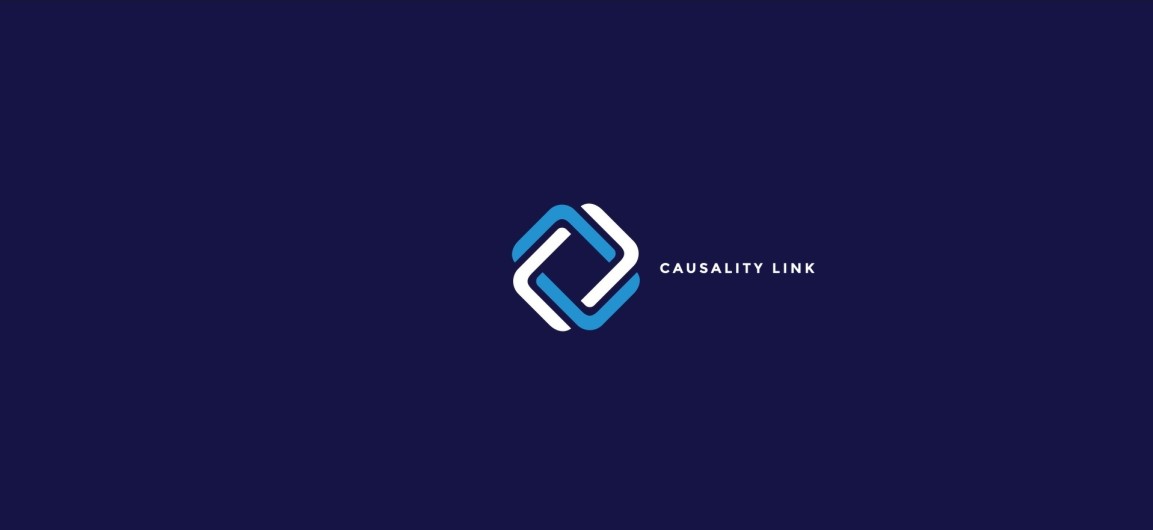Pierre Haren : "The start-up remains one of the most extraordinary adventures of humanity"

In 1987, Pierre Haren (X73, Ingénieur des Ponts, PhD at MIT) launched Ilog, a software component editor for visualization, business rules and optimization. With customers in software publishing (SAP, Oracle, Manugistics), supply chain management (Port of Singapore, Delta Airlines), telecommunications equipment (Nortel, Huawei, France Telecom), defense, banking and insurance... Ilog was listed on the Nasdaq in 1997 and sold to IBM in 2008. In 2016, Pierre Haren co-founded with Eric Jensen the startup Causality Link, which leverages AI and machine learning to better understand the causal links between various micro and macroeconomic indicators and market events.
Causality Link's AI-powered platform analyzes more than 120 million texts worldwide in real time to identify explicit statements of cause and effect. By reading texts in 27 languages, the platform aggregates the knowledge of tens of thousands of authors into a single collective intelligence system, which then directly manages the KPIs, events, trends, and causal links mentioned in those texts. Through the platform, portfolio managers, analysts and business users can capture the collective insights of thousands of authors on market forces affecting commodities, stocks, industries and macroeconomic indicators.
Causality Link raised $5 million in a Series A funding round in May 2020 to strengthen its existing research platform and make several strategic hires. The round was led by French family office Horizon.
Why did you decide to get back into the start-up game, almost thirty years after the creation of Ilog, whose development you then accompanied for more than two decades?
The start-up is the adventure of modern times, it's the feeling that it is possible with a small, select group to transform an idea into reality. It is without doubt the most extraordinary adventure of humanity. You have an idea, an idea that no one has ever had before like Causality Link or Ilog and you can make it happen as a team. Of course it doesn't work every time because there is a technical dimension which means that turning an idea into reality is not always possible at a given moment. And beyond the possible technical constraints, there is a very important step which is that this idea that has become reality must meet the market. This step is not obvious at all, especially when you develop very sophisticated products or services for very sophisticated customers who may always wonder why they should buy something they could develop themselves. This barrier is more pronounced in some countries than in others. In France, business leaders often sit on their own idea and have a hard time accepting that others might have a better idea than they do. In the United States, if your idea is better, it will be more easily accepted. A big difference between France and the United States is that American companies are much more of an idea meritocracy. In the United States, if a better idea than the one you had in mind comes along to achieve the reality you are aiming for, then you absorb it, which means that you move forward much more quickly.
What lessons do you draw from your experiences that could be useful to aspiring entrepreneurs?
The best advice I can give to a young person who wants to create his own company is to find the smallest fraction of his idea that will best meet the market... and this is far from obvious, especially for a polytechnician who always tends to want to go to the end of his idea! This is a lesson I learned from the early years of Ilog, when the company was growing well but not exponentially. There was another company called Purify that was the first to invent memory leak detection in C and C++ programs. With Ilog we had developed a system (Le-Lisp) with thousands of functions and Purify with its system represented only 5% of the functionalities we were offering but this small fraction of our idea met the market better.
How do you see the future of AI and machine learning?
With Ilog, I think it's fair to say that we had created the world's most successful first-generation AI company, which was symbolic AI. But symbolic AI ran into obstacles that were largely due to the fact that we did not have the computational capabilities that are available today. I am convinced that the future of AI is not machine learning, it is not symbolic AI, it is the fusion of the two. Basically, statistical AI, which is the current machine learning, has two weaknesses: on the one hand, it only looks at the past because the data used come from the past, whereas the human mind is capable of anticipating, of extracting future causal links if one or more events require it; on the other hand, machine learning is an inexplicable "black box" because the transformation made from the data to the model loses track of the sources. The traceability of the why no longer exists in machine learning systems. Symbolic AI had lost its footing due to a lack of computing power. Today, this computing power is there and with Causality Link we have a model of the world fed by more than 120 million texts, covering 40,000 companies, all countries, all cities with more than 500,000 inhabitants... and 3000 performance indicators. Running such a model was out of reach for IT in the 90's, today it is possible for less than 200.000 dollars a year.
 Support l'X
Support l'X